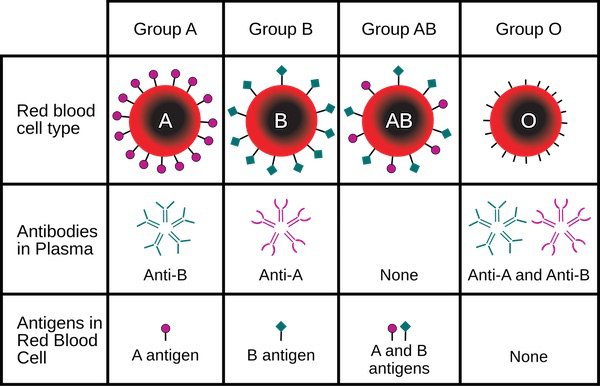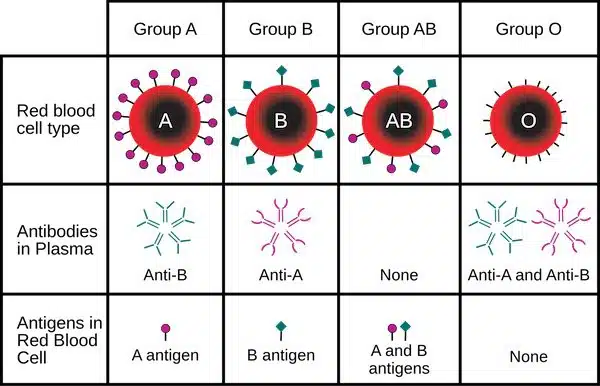Did you know that your blood type not only distinguishes you from other human beings, but that your blood type can actual set health precedents for your body?

There are 4 different basic blood types: O, A, B, and AB. Some scientist believe that the blood types developed as an evolutionary trait, and therefore have a much deeper impact on individual human health.
Understanding your blood type is the first step in determining aspects of your health that you may need to pay attention to based solely on your unique blood type.
Your Blood Type and Stress
It’s been shown that blood types have different reactions to stress, and even stress hormones within the body. Cortisol, which is the hormone most commonly associated with stress ranges between blood types. For instance, people with type A blood tend to have higher levels of cortisol than people with type O blood.
The difference is that people with type A blood are able to relieve cortisol levels easier than people with type O blood, even though the people with type O don’t build up the same levels. Even how you deal with stress differs from blood type to blood type.
People with B type blood respond better to yoga and mediation than people with AB blood, who require a well-rounded work-out routine.
Your Blood Type and Gut Health
The human digestive system is intricate as it is, but studies have shown that people with different blood types have very different gastrointestinal situations as well.
The digestive tract is full of good and bad living bacteria, and people with Type B blood have upwards of 50,000 times more beneficial bacteria than people with A or O type blood.
People who are type O actually show more digestive vulnerabilities than any of the blood types.
Your Blood Types and Fertility
Different blood types also show different levels of natural fertility.
A study conducted at the Yale University School of Medicine showed a link in lowered ovarian reserve, a condition pertaining to the number of total eggs versus the eggs healthy enough to produce pregnancy, to women with type O blood.
Although a lowering of ovarian reserve is common in women as they age, it seems to happen faster in women with type O blood.
Your blood type makes you unique as a human, and also makes you body unique to health concerns to look out for.



